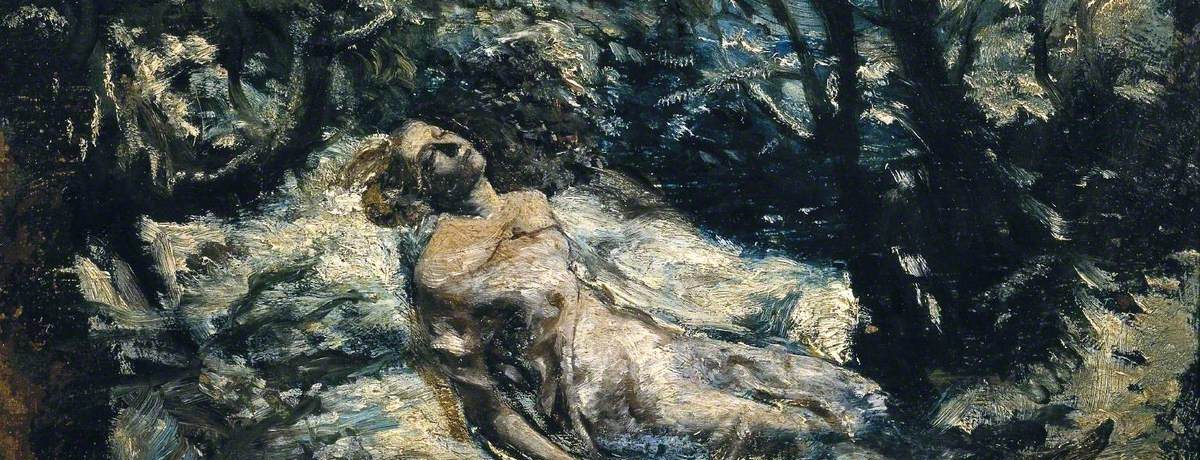Article Reviews
Review of Periodicals

Ophelia Resisting Tragedy
After a somewhat irrelevant prelude commenting on artists’ images of drowning Ophelia (including nice pictures), Luke Jillian offers a compelling exploration of Ophelia’s resistance to the tragic, vengeance-oriented mindset of her play’s young heroes, Hamlet and Laertes. Jillian takes issue with T. S. Eliot’s claim that Ophelia’s complaints are “subjective,” or related only to her personal experience, while Hamlet’s are somehow objective and “existential.” Instead, Jillian shows, it is Hamlet and Laertes who are obsessed with their own private grief and rage, while Ophelia, in contrast, “refuses to give her individual experience any special status.” Hamlet and Laertes adapt existing stories to their self-centered plots and purposes. Hamlet rewrites “The Murder of Gonzago” to comment (with his own choral assistance) on his father’s death and uncle’s treachery. As for Laertes, he rewrites Hamlet as a revenge play with himself as its hero. Unlike these guys, Ophelia retells old stories to “diffuse” those stories’ power and resist the tragic burden’s being loaded onto a single protagonist. Not naming herself and her woes, she sings and tells riddles about proverbial forsaken women, drowning her private suffering in a pool of shared feminine grief. In her first mad scene, she sings a ballad, a type of song that “tells one story competing against thousands of others.” (“The Patient Wife Betrayed” was an Elizabethan example.) Jillian notes that Ophelia imagines a friend listening to her song and answering her questions, invoking a community of suffering; without claiming special privilege…
Please login or subscribe to continue reading.
Please subscribe to The Shakespeare Newsletter to continue reading.
Subscribe Now